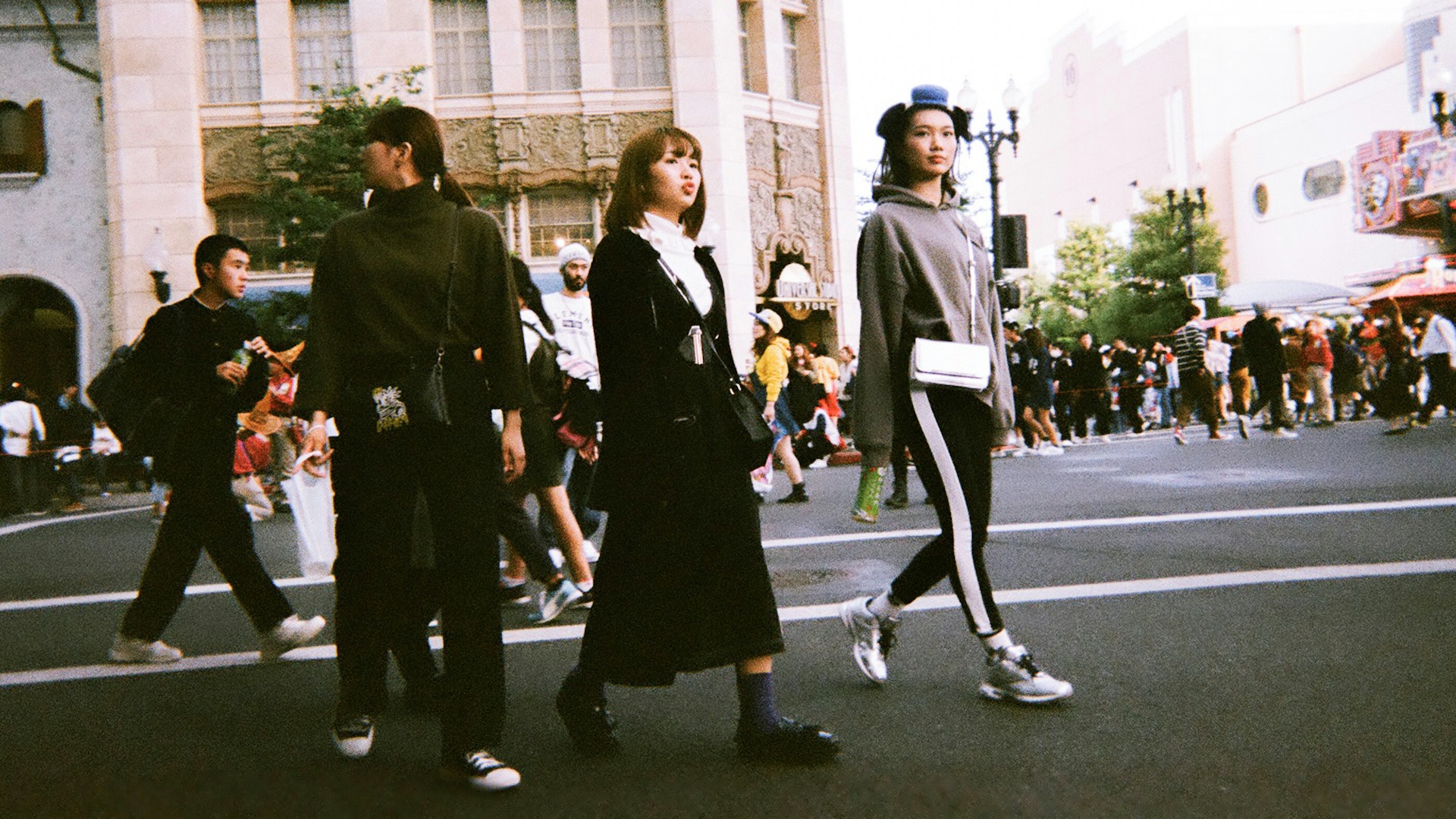
How AI is Changing Personal Styling in 2025
The Rise of AI in the Fashion and Styling Industry
In 2025, artificial intelligence has become an integral part of how we express ourselves through fashion. Gone are the days when personal styling relied solely on human intuition or celebrity trends. Today’s AI-driven tools analyze personal data — such as body shape, skin tone, preferences, and even lifestyle patterns — to curate unique style recommendations. These algorithms draw insights from millions of fashion images, online catalogs, and social media trends in real-time, allowing for hyper-personalized wardrobe suggestions. Virtual fitting rooms powered by augmented reality and AI allow users to “try on” outfits instantly, making the shopping experience both efficient and engaging. This seamless blend of technology and fashion democratizes personal styling, making professional-level advice accessible to everyone, not just celebrities or influencers. As AI continues to evolve, it’s transforming fashion from a one-size-fits-all industry into a deeply individualized experience.
Virtual Stylists and Personalized Fashion Experiences
AI-powered virtual stylists are now redefining what personal fashion guidance means in 2025. These digital stylists, often integrated into mobile apps and online shopping platforms, learn from user behavior — what you browse, purchase, or save — to craft style profiles that feel intuitive and adaptive. They also consider contextual data such as local weather, upcoming events, and even mood indicators captured from wearable devices. For example, AI can suggest a comfortable yet chic outfit for a business meeting or a relaxed ensemble for a weekend getaway. Brands like Amazon, Zalando, and Stitch Fix have already perfected these personalized experiences, allowing users to build wardrobes aligned with their personalities. The AI doesn’t just recommend clothes; it helps build confidence by ensuring users consistently look their best. By reducing decision fatigue and enhancing creativity, virtual stylists have become trusted digital companions for millions of fashion-conscious consumers.
Sustainability and Smart Wardrobe Management
Another transformative impact of AI in 2025 is its role in promoting sustainability and mindful fashion choices. The fashion industry, long criticized for its waste and environmental footprint, is undergoing a green revolution powered by intelligent systems. AI now enables consumers to manage “smart wardrobes” — digital inventories that track what they own, how often they wear each item, and when it might be time to donate or recycle. These systems recommend outfits that repurpose existing clothes, reducing unnecessary purchases and promoting sustainable consumption. Moreover, AI helps fashion brands forecast demand accurately, minimizing overproduction and waste. Virtual try-ons and 3D modeling reduce returns, which are a major source of environmental impact. By aligning style with sustainability, AI ensures that looking good doesn’t come at the planet’s expense. In this way, technology isn’t just enhancing aesthetics — it’s redefining what responsible fashion looks like in the modern era.
The Future of AI-Driven Personal Styling
As AI continues to integrate with fashion in 2025 and beyond, the future promises even more immersive and intelligent styling experiences. Emerging technologies such as generative AI and spatial computing are expected to create virtual fashion worlds where users can experiment with digital outfits before purchasing physical ones. Some startups are already exploring “AI fashion designers” capable of creating custom pieces based on user prompts or personality traits. With data privacy and ethical design being prioritized, users can trust that their information is used responsibly. The collaboration between human creativity and machine intelligence will continue to push the boundaries of what’s possible in personal style. Ultimately, AI is not replacing stylists — it’s empowering individuals to become their own fashion curators. The result is a fashion ecosystem that’s smarter, more inclusive, and more attuned to personal identity than ever before.



